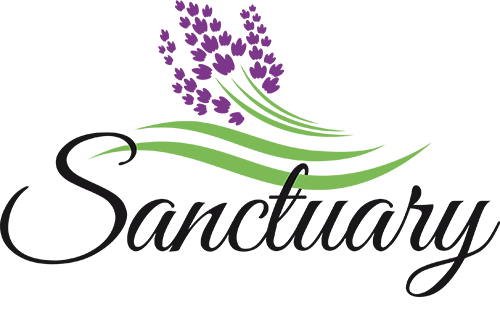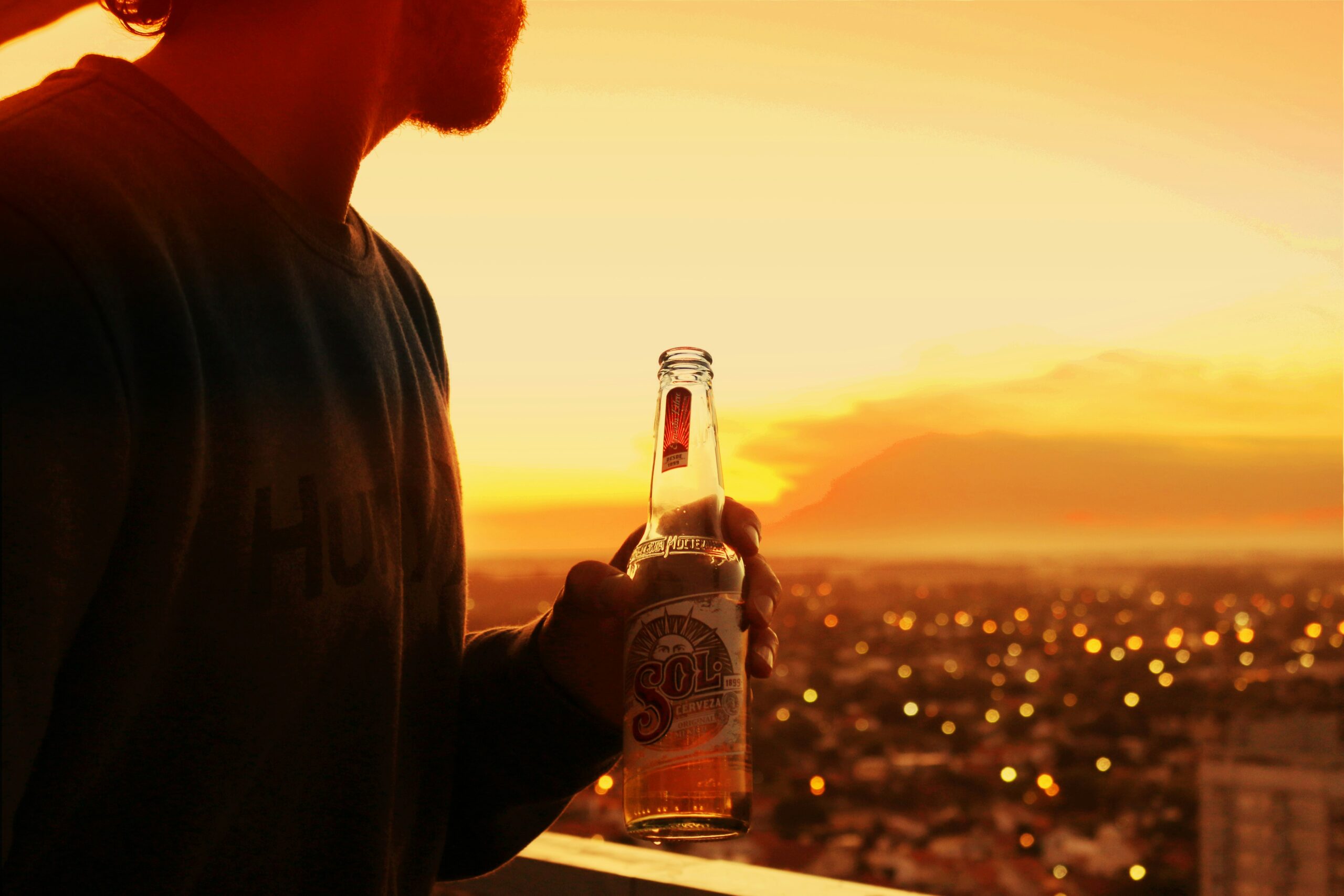Alcohol and Other Drugs
Living with Borderline Personality Disorder is painful and difficult – many turn to alcohol and other drugs in an attempt to cope. When addiction is added to the burden of illness, the cycle is very difficult to break
What can carers and families do? What help is available?
Keiron Andrews came to Sanctuary to speak about Alcohol and Other Drugs.
Keiron provided this Fact Sheet
Below are our notes, based on his presentation.
Keiron is from Partners Toward Wellbeing which is a free service that supports adults with both mental health and substance use concerns.
It is run by Mission Australia and Sonder, and funded by Adelaide PHN.
They offer counselling, care coordination and case management.
People can self-refer, or family/friends can refer them Click here for Referrals
NOTES taken by members of
SANCTUARY BPD CARERS SUPPORT GROUP
at our meeting on 9 April 2024
ALCOHOL AND OTHER DRUGS
SPEAKER: KIERON, MISSION AUSTRALIA
These are OUR notes, taken at Sanctuary on 9 Apr 2024, and based on a presentation by Keiron, Mission Australia
- Mission Australia (MA) is a benevolent society that helps people. There is no emphasis on religion.
- People can self-refer.
- MA does not do outreach. (They work with Sonder).
- They are not a sobering up agency.
- Alcohol is the most prominent substance of concern treated by MA. “We are in a country that glorifies alcohol.”
- There is no such thing as an addictive personality but there certainly people who are prone to impulsivity.
- You may think someone has an addiction; they may not think so. When it comes to addiction the worst thing you can do is impose your own reality on someone else.
- Just as the mix of symptoms of BPD are different for different people, the symptoms of addiction are different for different people.
- Although MA does have a weekly BPD skills group for clients, MA has no formula or set way of doing their practice. MA believes that there are very few universal truths in addiction treatment.
- MA uses the “Whatever works” approach in their treatment which is sitting down with clients and understanding their addiction and then matching the treatment to that person.
- MA says: “Let’s talk about addiction. What is it doing to your life and how do we cut off some elements of control that it is exercising over you and get control?”
- MA asks it clients” What are your symptoms? When does your addiction derail your life? What are those occasions? How often does it happen? How have you learned to manage those? What do we need to do as someone who is trying to help to help you overcome an addition? What are some of the things that your addiction is stopping you from doing?
- At some level very addict feels ashamed of themselves. Pick your time carefully when you talk to them about it. Don’t add to their shame or hurt them further.
Mission Australia provides a program that helps people recover from addictions. They do not diagnose or treat. They work to understand where mental illness exists alongside an addiction, and treat the symptoms. For people with BPD they seek to understand how BPD impacts on their lives.
They offer face to face and phone counselling.
There is no particular type of treatment that they recommend.
Turning Point is a Mission Australia service providing online assessment tools and recommendations for drugs and alcohol. Can do a separate assessment for each substance. Start with the one for which the client most wants treatment.
An addiction is often a reaction to something else. Focusing on the drug use can often serve as a gateway to this.
Ask curious questions about how the addiction helps them – how did it feel, what are the consequences, how does it affection your life, what other drug would you prefer, etc.
Identify what they want and go from there. Don’t preach abstinence.
The first conversation with the service is very important.
Kieron suggested looking up on google the stages of change. (They are precontemplation, contemplation, preparation, action and maintenance.)
Nobody overcomes an addiction alone.
It is a myth that some substances are addictive and others are not. Anything can be addictive.
How will I know if someone is addicted? Ask when it stopped being something you did to something you need.
How should carers behave and what should they do/not do? Pick your moment for a conversation about use of the substance. Compassion fatigue is very real – all the problems tend to become attached to the addiction. Don’t ask how it got to be this way. (This makes them the problem. “I’ve lost control” is saying “I’m ashamed.”)
Is it reasonable to ask them to reduce their intake? If they don’t see themselves as the problem, it won’t be helpful. They need to feel safe. The trick is to create a safe space.
Vaping – there is a new program where GPs can supply for people who vape. Darlington Medical Centre is undertaking a trial program – very collaborative.
These notes were taken by Sanctuary leaders at the meeting.
Sanctuary leaders are carers, not health professionals. We can’t give advice, but we will share our experiences and the things we’ve found helpful
Image by Nicolas Perayra on Unsplash
Related posts
Next Meeting – May
Our next Sanctuary meeting will be on Tuesday, May 13, at 6.00pm, in the Marjorie Black Room at SAC
Next Meeting – April
Our next Sanctuary meeting will be on Tuesday, April 8, at 6.00pm, in the Marjorie Black Room at SA
Surviving Christmas and the Silly Season
With the end of the year nearly upon us, we look forward to celebrating with family and friends. But




